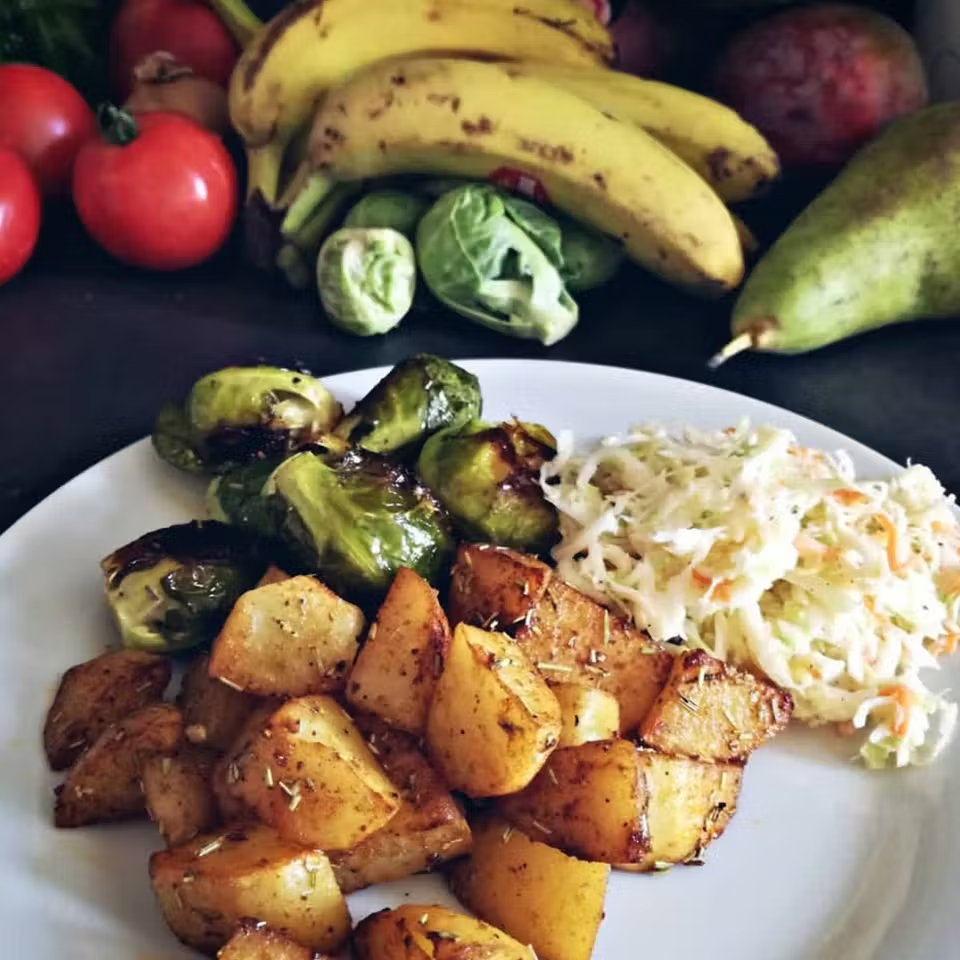#Healthy future #Nutrition #Tips
WHY PREGNANCY DOESN’T MEAN EATING FOR TWO

There’s just something about a baby bump that gets people cookin’. Everyone needs to eat, but people especially love feeding pregnant women. So much so that at some point during your pregnancy, you’re almost certainly going to hear the words: Eat up, girl! You’re eating for two now.
Surely they mean well. You’re growing a baby! You need to eat to nourish your child. But is going back for seconds during pregnancy really good advice? Here’s what you should know.
EATING FOR TWO = EATING TWICE AS HEALTHY
While some might believe pregnancy is a time to let loose in the kitchen, eating for two doesn’t mean eating a lot more — it means eating a lot more healthily. Your baby needs key nutrients to grow, and you’re the only one who can provide them.
They eat what you eat. So it’s important that what you eat is high quality.
The American College of Obstetricians and Gynecologists (ACOG) recommends pregnant women follow guidance from ChooseMyPlate.gov, a website that helps everyone (not just expectant moms) eat healthier at every meal. Some key tips new moms should try:
- Fill half your plate with fruits and vegetables — the more colorful, the better!
- Avoid things that have a lot of sugars and saturated fats, like sodas and fried foods.
- Choose low-fat or fat-free dairy products like skim milk and 2% fat cottage cheese.
- Stick to leaner proteins, like low-mercury fish, tree nuts, and beans.
GAINING A HEALTHY AMOUNT OF WEIGHT (BUT NOT TOO MUCH) CAN HELP PROTECT YOUR BABY
Not gaining enough weight during pregnancy can put your baby at risk of being born too small or too early, but so can gaining too much. Only your doctor or midwife should tell you what a healthy amount of weight gain would look like for you.
That said, most women should only gain between 11-35 pounds during pregnancy — or about a pound or less a week during your second and third trimesters. Gaining much more than that (or gaining it all too quickly) can increase your chances of pregnancy complications, especially if you were overweight before getting pregnant.
IT DOESN’T TAKE MUCH TO NOURISH YOUR BABY
Most women will only need to eat the equivalent of 1-2 additional snacks each day to get the extra calories they and their babies need. The MyPlate Plan calculator on ChooseMyPlate.gov can help you figure out what that would look like over the course of a day. Just enter your weight, height, trimester, and activity level, and it will tell you about how much of each food group you should try to eat daily, along with some specific food suggestions that might work for you.
WHEN YOU REALLY SHOULD EAT MORE
While most pregnant women don’t need to eat substantially more to have a healthy pregnancy, there are some who might. For example, your doctor might encourage you to dig in a little more if you’re carrying multiple babies, you were underweight before getting pregnant, you’re not gaining enough weight during pregnancy, or you’re engaging in a lot of physical activity. In those cases, it’s still important to stick to healthier food options whenever possible.